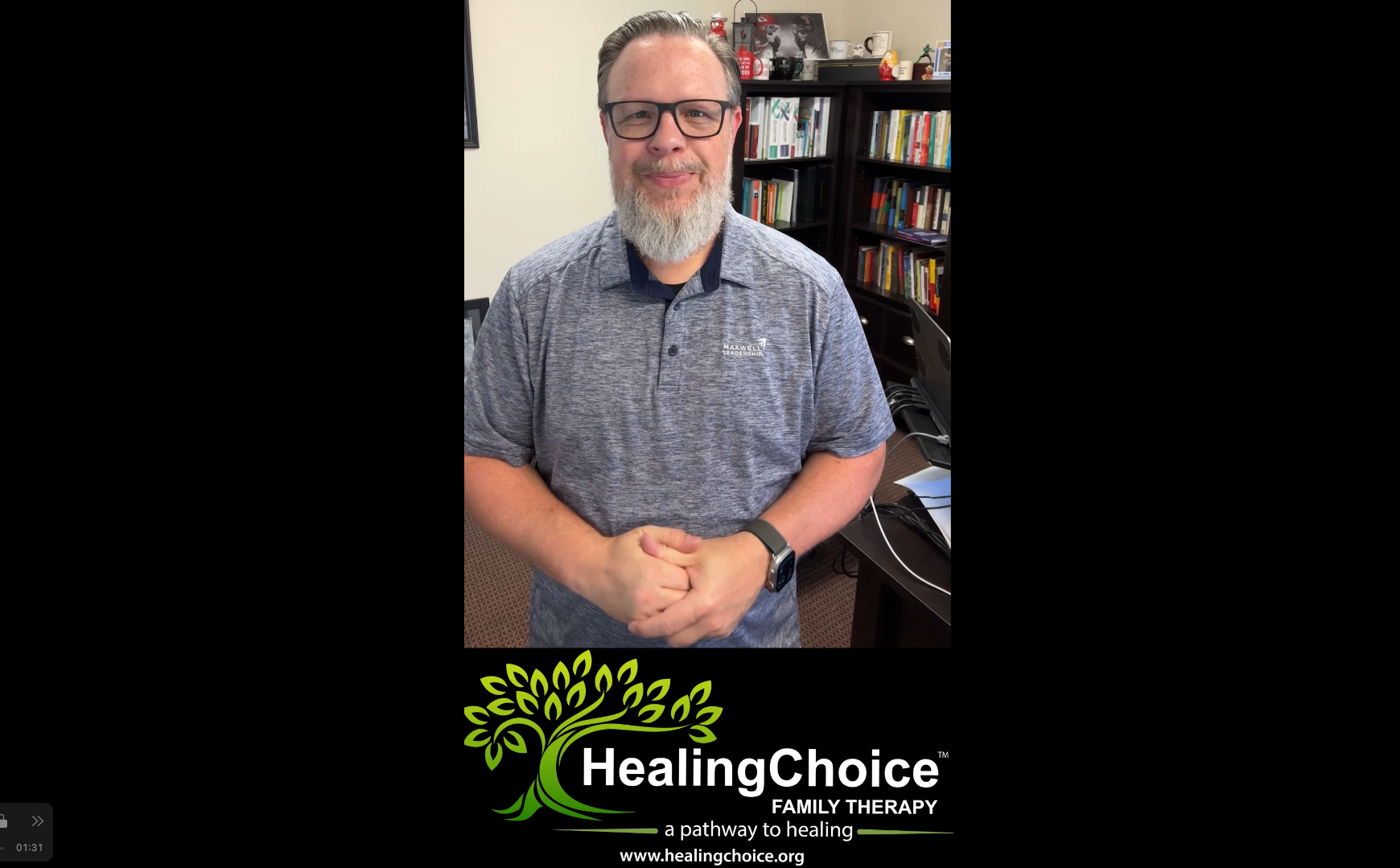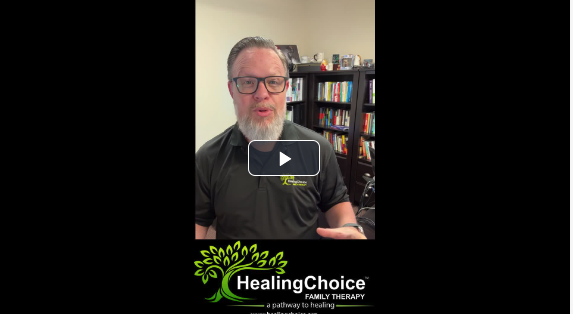Dr. Marcus N. Tanner
Embracing Positivity: A Journey to Emotional Well-being
October 22nd, 2024
The Transformative Power of Positivity: Building Emotional Resilience
Welcome to Tuesdays with Dr. Tanner, where we explore the journey of self-discovery, emotional resilience, and personal growth. Today, we’ll dive into the concept of positivity and its profound impact on our emotional well-being. Rather than simply offering superficial encouragement, we’ll discuss practical ways to cultivate a positive mindset grounded in research and real-world strategies.
The Science of Positivity
Positivity isn't just a feel-good concept; it's backed by science. Researchers in psychology have extensively studied how a positive mindset influences mental health. According to Positive Psychology, which focuses on strengths and virtues that help individuals thrive, cultivating positive emotions can improve our ability to cope with stress and adversity. Dr. Barbara Fredrickson’s Broaden-and-Build Theory posits that experiencing positive emotions broadens our thought-action repertoires, allowing us to see more possibilities and build resources that enhance our resilience. When we shift our mindset toward positivity, we can improve our overall quality of life by enhancing emotional well-being and cultivating adaptive coping mechanisms.
However, positivity isn't about putting on a happy face all the time. It’s about developing a mindset that equips us to confront life's challenges with hope and resilience. Embracing positivity requires an acknowledgment of difficulties but focuses on developing the inner strength to persevere through them.
Beyond "Thinking Happy Thoughts": What Positivity Really Means
While some may dismiss positivity as naive optimism, it is crucial to recognize that it encompasses more than just cheerful thoughts. True positivity involves a conscious choice to direct our attention toward uplifting and constructive thoughts while addressing the reality of life's struggles. This approach involves reframing negative experiences without denying their existence. It’s about adopting a growth mindset—a term popularized by psychologist Carol Dweck—where setbacks are viewed not as failures but as opportunities for growth and learning.
For example, people who regularly practice gratitude—a key component of positivity—tend to experience greater levels of happiness and lower levels of depression. A 2003 study by Emmons and McCullough found that individuals who kept a weekly gratitude journal reported more positive moods and were more likely to make progress toward their goals compared to those who focused on negative or neutral experiences. This illustrates how intentionally focusing on positive aspects can significantly impact our emotional health.
How to Cultivate Positivity in Everyday Life
If you’re wondering how to develop a more positive outlook, it starts with intentional practice. Here are evidence-based strategies to help you cultivate a mindset of positivity:
-
Self-Awareness: Recognizing Your Thought Patterns
The first step is self-awareness. By paying attention to our internal dialogue, we can identify patterns of negative thinking and choose to interrupt them. This process involves recognizing automatic negative thoughts and replacing them with constructive alternatives. Cognitive Behavioral Therapy (CBT) techniques, for instance, encourage individuals to challenge distorted thinking and replace it with realistic, balanced perspectives. For example, if you catch yourself thinking, “I always fail at this,” you can reframe it to, “I’ve struggled with this before, but I’m learning and improving each time.”
-
Reframing: Shifting Your Perspective
Reframing allows us to change the narrative we tell ourselves about an experience. Instead of seeing an obstacle as a setback, we can view it as a learning opportunity. For instance, rather than dwelling on the frustration of losing a job, we can reframe it as a chance to explore new career opportunities or develop new skills. Research on resilience demonstrates that people who adopt this type of mindset tend to recover from stress more quickly.
-
Surrounding Yourself with Positivity
The people we interact with can have a significant impact on our mindset. Surrounding ourselves with supportive, optimistic individuals helps to reinforce positive thinking. This doesn’t mean avoiding friends who are struggling but rather seeking relationships that uplift and inspire us. Engaging in social activities that bring joy and fulfillment can also foster a positive outlook. Positive social interactions are associated with lower levels of cortisol, a stress hormone, further promoting emotional well-being.
-
Gratitude Practice: The Power of Appreciation
Regularly practicing gratitude can significantly impact your emotional health. Setting aside a few moments each day to reflect on things you’re grateful for can shift your focus from what's lacking to what's abundant in your life. Even during challenging times, there are always aspects of life for which we can express thanks. Keeping a gratitude journal, where you jot down three things you're thankful for each day, is a practical way to integrate this practice into your routine.
-
Mindfulness and Meditation
Mindfulness, the practice of being present in the moment, allows us to fully experience our thoughts and emotions without judgment. This can help prevent us from being overwhelmed by negative emotions. Numerous studies indicate that mindfulness meditation reduces symptoms of anxiety and depression while increasing emotional resilience. By grounding ourselves in the present, we gain the ability to respond to life’s challenges more calmly and thoughtfully.
-
Acts of Kindness: The Ripple Effect
Engaging in acts of kindness not only benefits others but also enhances our own happiness. Research suggests that doing something kind for someone else can elevate mood, reduce stress, and even boost our immune system. Simple actions, such as complimenting a colleague, volunteering, or writing a thank-you note, can create a ripple effect of positivity in our communities.
Navigating Life’s Challenges with Positivity
It is important to acknowledge that embracing positivity does not mean ignoring life’s hardships. There will always be moments when negative emotions arise, and that's natural. Positivity equips us with the tools to navigate these moments with resilience. In fact, studies on post-traumatic growth—a phenomenon where individuals experience positive psychological change following adversity—reveal that people who maintain hope and find meaning in their struggles tend to recover more quickly and experience greater personal development.
When we keep our focus on constructive solutions, we empower ourselves to take meaningful action. For instance, during periods of grief or loss, reframing can involve finding ways to honor what we have lost while simultaneously engaging in activities that promote healing. Positive emotions help us build coping mechanisms that can be drawn upon during difficult times.
Positivity as a Lifelong Practice
Positivity is not an end goal but a continuous journey. It requires practice, patience, and a willingness to evolve. Just like physical exercise strengthens the body, cultivating positivity strengthens the mind, enabling us to face life with greater resilience. It’s essential to remember that there will be setbacks along the way, and that’s okay. The key is to view those setbacks as temporary and not indicative of our overall worth or future success.
Conclusion: Choosing to Face the Sunshine
Walt Whitman’s words, “Keep your face toward the sunshine, and shadows will fall behind you,” encapsulate the essence of a positive mindset. Positivity is about choosing where to place our attention—it’s not about ignoring the darkness, but rather allowing the light to guide us through it. By practicing self-awareness, reframing negative thoughts, engaging in gratitude, and surrounding ourselves with positivity, we can transform our lives and the lives of those around us.
The journey of cultivating positivity is one of embracing hope and resilience, empowering ourselves to navigate life’s challenges with an open heart and a courageous spirit. Let’s continue to explore how we can make this shift together, deepening our understanding and experience of emotional well-being.
Keep your face toward the sunshine, and shadows will fall behind you.
- Walt Whitman
Dweck, C. S. (2006). Mindset: The new psychology of success. Random House.
Emmons, R. A., & McCullough, M. E. (2003). Counting blessings versus burdens: An experimental investigation of gratitude and subjective well-being in daily life. Journal of Personality and Social Psychology, 84(2), 377-389. https://doi.org/10.1037/0022-3514.84.2.377
Fredrickson, B. L. (2001). The role of positive emotions in positive psychology: The Broaden-and-Build Theory of positive emotions. American Psychologist, 56(3), 218-226. https://doi.org/10.1037/0003-066X.56.3.218
Share this post on:
RECENT POST
-
Embracing Healthy Responses to Stress: A Journey to Emotional Well-Being
October 15th, 2024
-
Embracing Emotional Well-Being: A Journey to Emotional Well-Being
October 8th, 2024
-
Emotional Intelligence: Healthy Communication
September 24th, 2024
-
Constructive Conflict Resolution: Healthy Communication
September 17th, 2024
CATEGORY
-
Relationships
-
Communication
-
Healthy Habits
-
Therapy
SUBSCRIBE
Copyright © 2023 HealingChoice Family Therapy All rights reserved.


